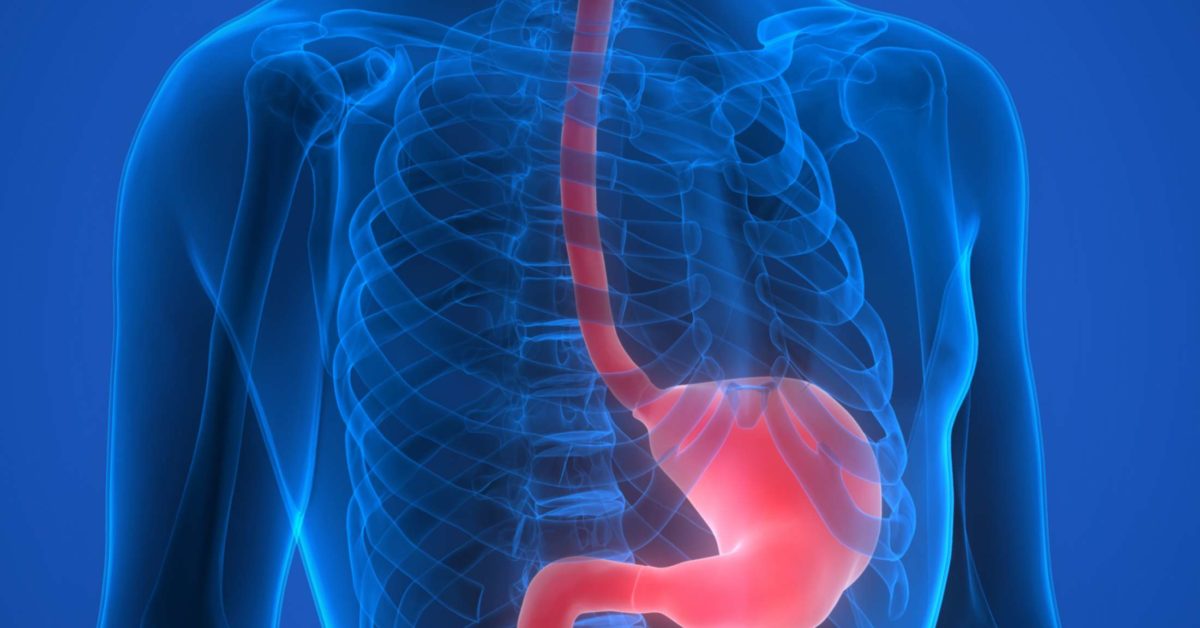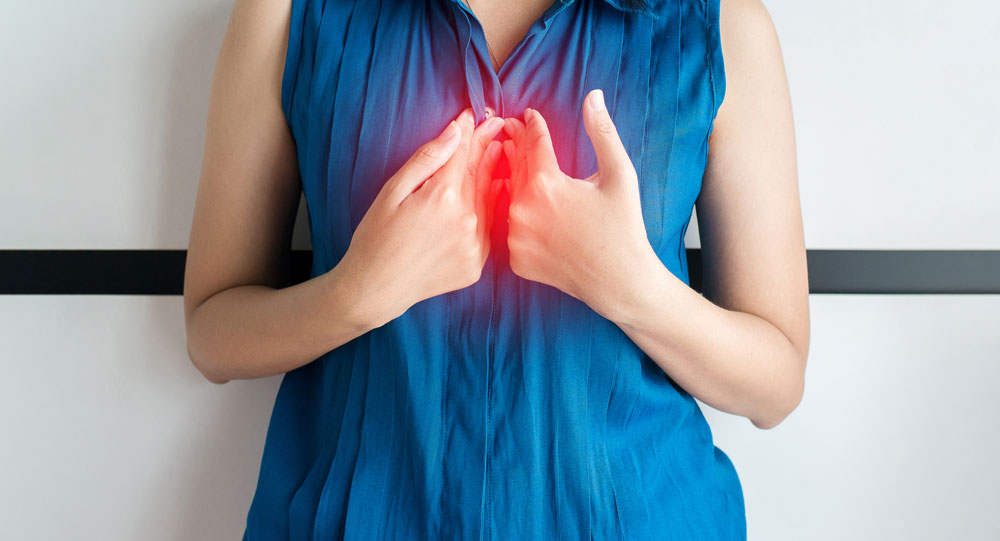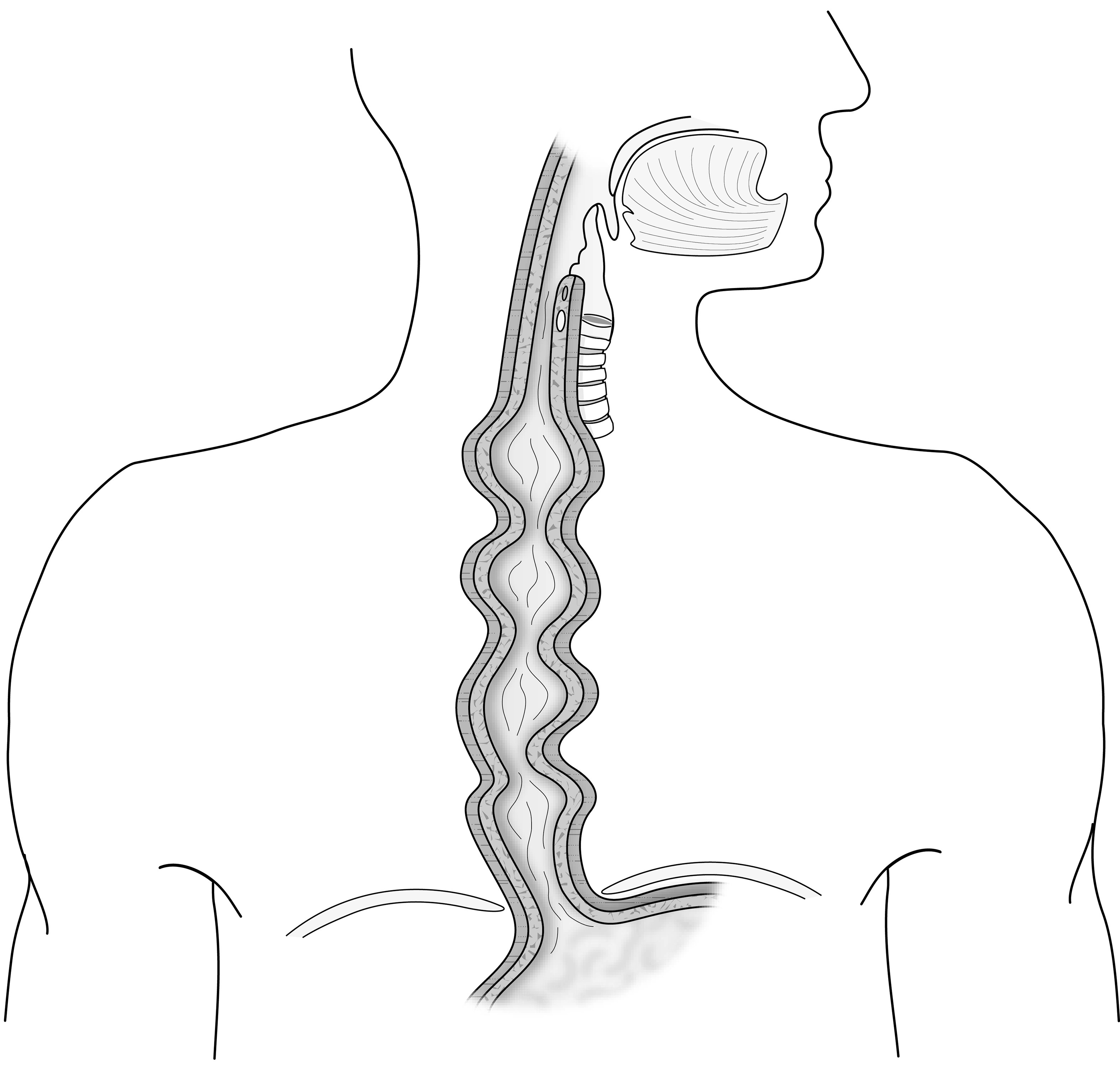Supreme Tips About How To Stop Esophageal Spasms

Esophageal spasms typically occur only occasionally and might not need treatment.
How to stop esophageal spasms. The esophagus is the tube that connects your mouth and. Nitroglycerin given under the tongue (sublingual) may help a sudden episode of esophageal spasm. Esophageal spasm is a disorder of the rhythmic waves of muscular contractions (peristalsis) of the esophagus.
Make a list of foods and beverages that cause your esophageal spasms. The cause of this disorder is not known. Sometimes an antidepressant, such as imipramine (tofranil), may be prescribed.
Start a food diary. Consuming very hot or very cold foods or drinks, or foods that are not chewed enough before swallowing may trigger a spasm. Esophageal spasms are painful contractions within the muscular tube connecting your mouth and.
Sometimes, symptoms that may suggest. Esophageal spasm is a sudden, painful tightening of your lower esophagus. Abnormal muscle spasms in the esophagus are called esophageal spasms.
Your esophagus is the tube that food and liquids. A doctor may recommend several. Esophageal spasm is a disorder of the rhythmic waves of muscular contractions (peristalsis) of the esophagus.
Diffuse esophageal spasms are uncoordinated. Doctors & departments. Esophageal spasm is a disorder of the rhythmic waves of muscular contractions (peristalsis) of the esophagus.
But sometimes the spasms are frequent and can prevent food and liquids. Your provider might recommend a proton pump inhibitor to treat gerd. The cause of this disorder is not known.
Esophageal spasm is a disorder of the rhythmic waves of muscular contractions (peristalsis) of the esophagus. There are two types of esophageal spasms: The cause of this disorder is not known.
Apple cider vinegar. What is esophageal spasm? To help you cope with occasional esophageal spasms, try to:
There are two types of esophageal spasms: Diffuse esophageal spasms and nutcracker esophagus. How are esophageal spasms treated?


















